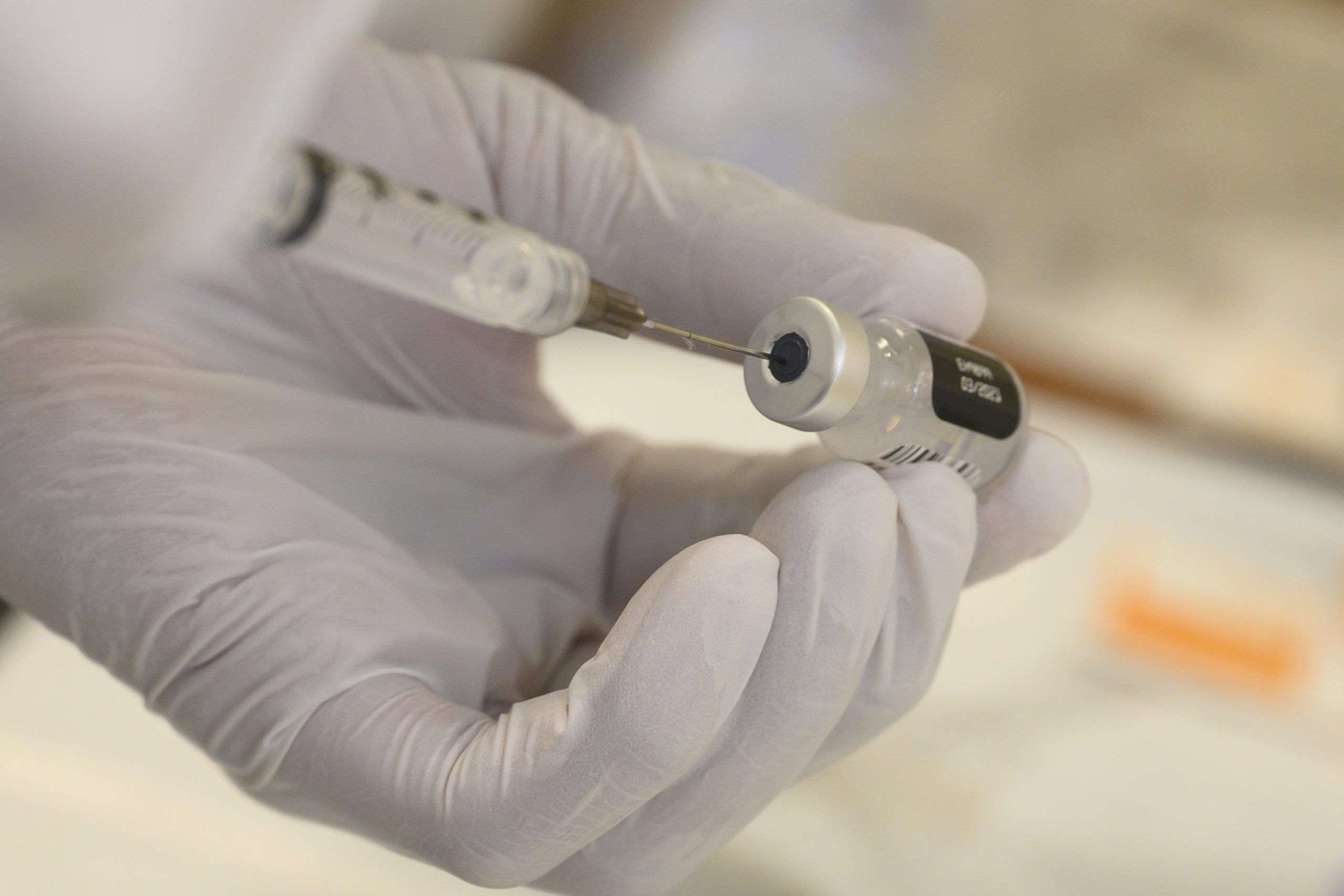On Tuesday, American federal health agencies urged for an immediate suspension of Johnson & Johnson (J&J) single-shot jabs following six incidences of rare blood clots within two weeks of vaccination.
In all six cases, the recipients were women between the ages of 18 and 48. One woman has died and another is in a critical condition, officials said.
Seven million US doses administered
Around seven million Americans have received J&J shots, according to figures from the Centers for Disease Control and Prevention.
The FDA made this statement on Twitter at 7am on Tuesday: “Today FDA and @CDCgov issued a statement regarding the Johnson & Johnson #COVID19 vaccine. We are recommending a pause in the use of this vaccine out of an abundance of caution.”
The CDC advisory committee has scheduled an emergency meeting for Wednesday, officials said.
Johnson & Johnson in Europe
The European Commission approved the vaccination on March 11. J&J’s chief scientific officer, Paul Stoffels, committed at least 200 million doses of the vaccine to the EU in 2021, according to Reuters. Shipments are scheduled to start in the second half of April.
With 8.2 million doses due to be delivered, J&J is the jab Denmark has placed the most orders for. The first batch of a little over 38,000 doses will arrive this week.
The swift move to halt the vaccine in the US is due to extent that the J&J side-effects mirror those of AstraZeneca – the rollout of which has been halted in several EU countries while regulators evaluate its safety.
“Out of 34 million people who received the [AstraZeneca] vaccine in Britain, the European Union and three other countries, 222 experienced blood clots that were linked with a low level of platelets,” reports the New York Times.
Latest developments
Søren Brostrøm of the Danish Health Association announced that a statement regarding national policy on the J&J vaccine will be made next week.















